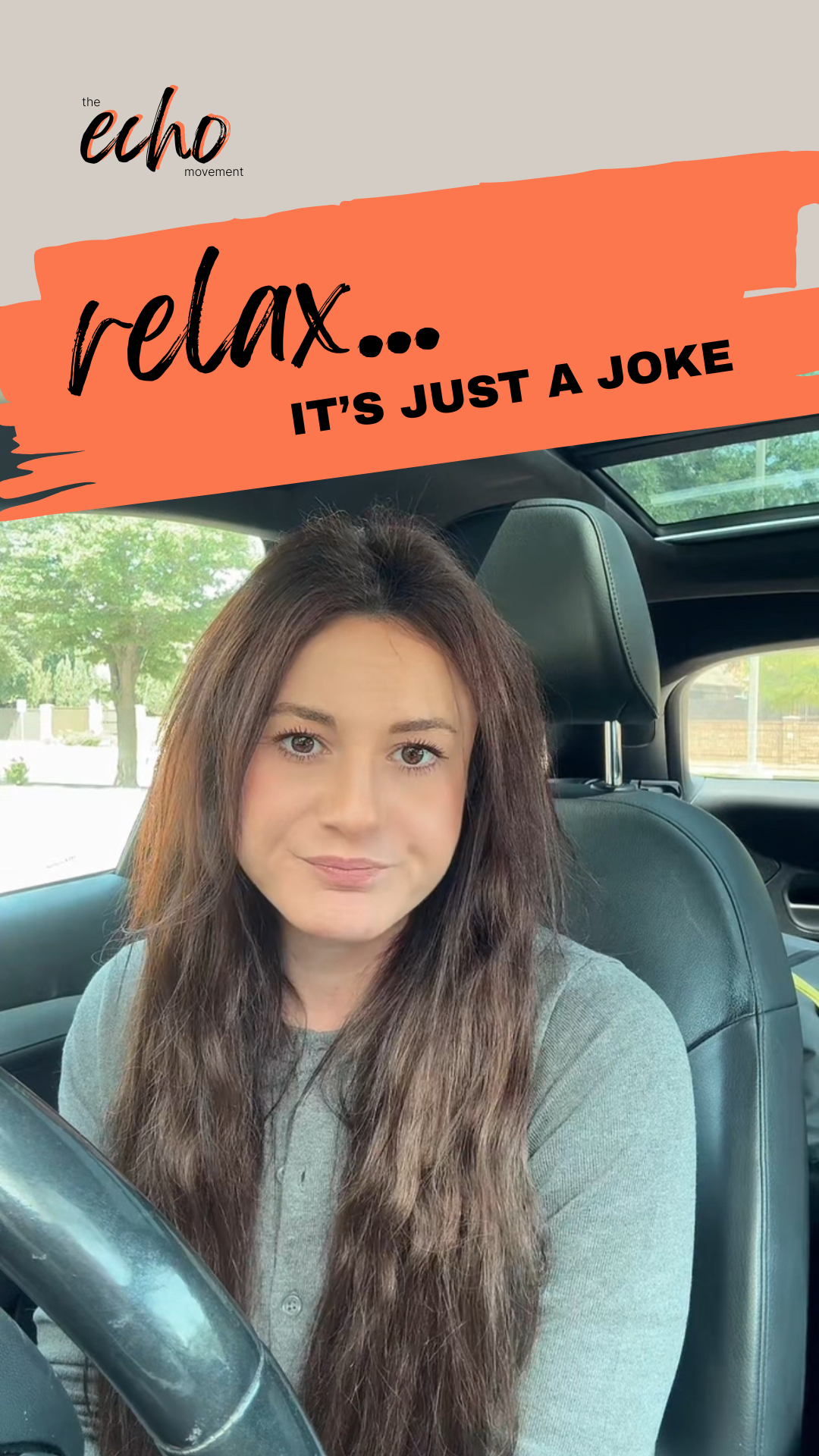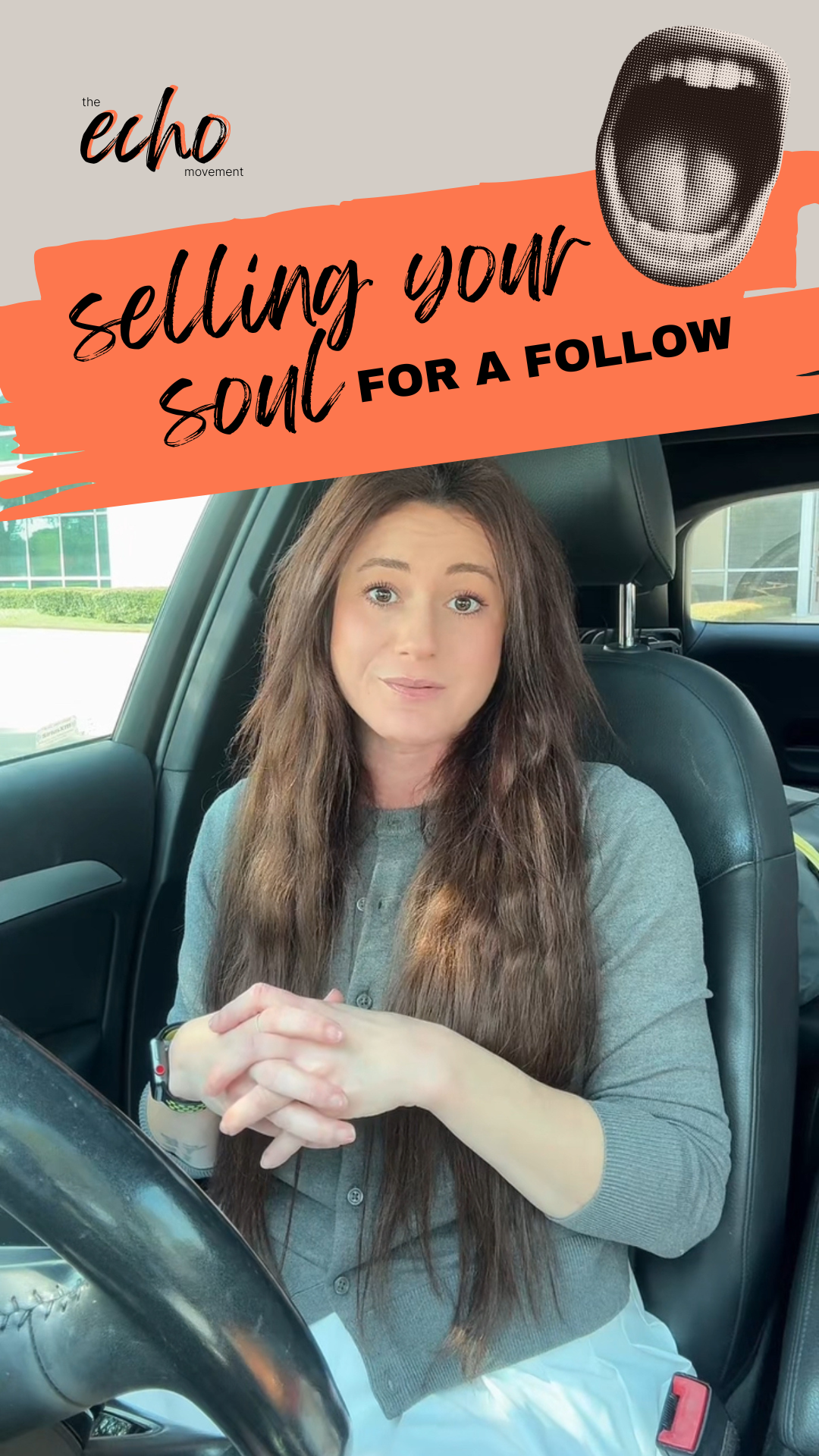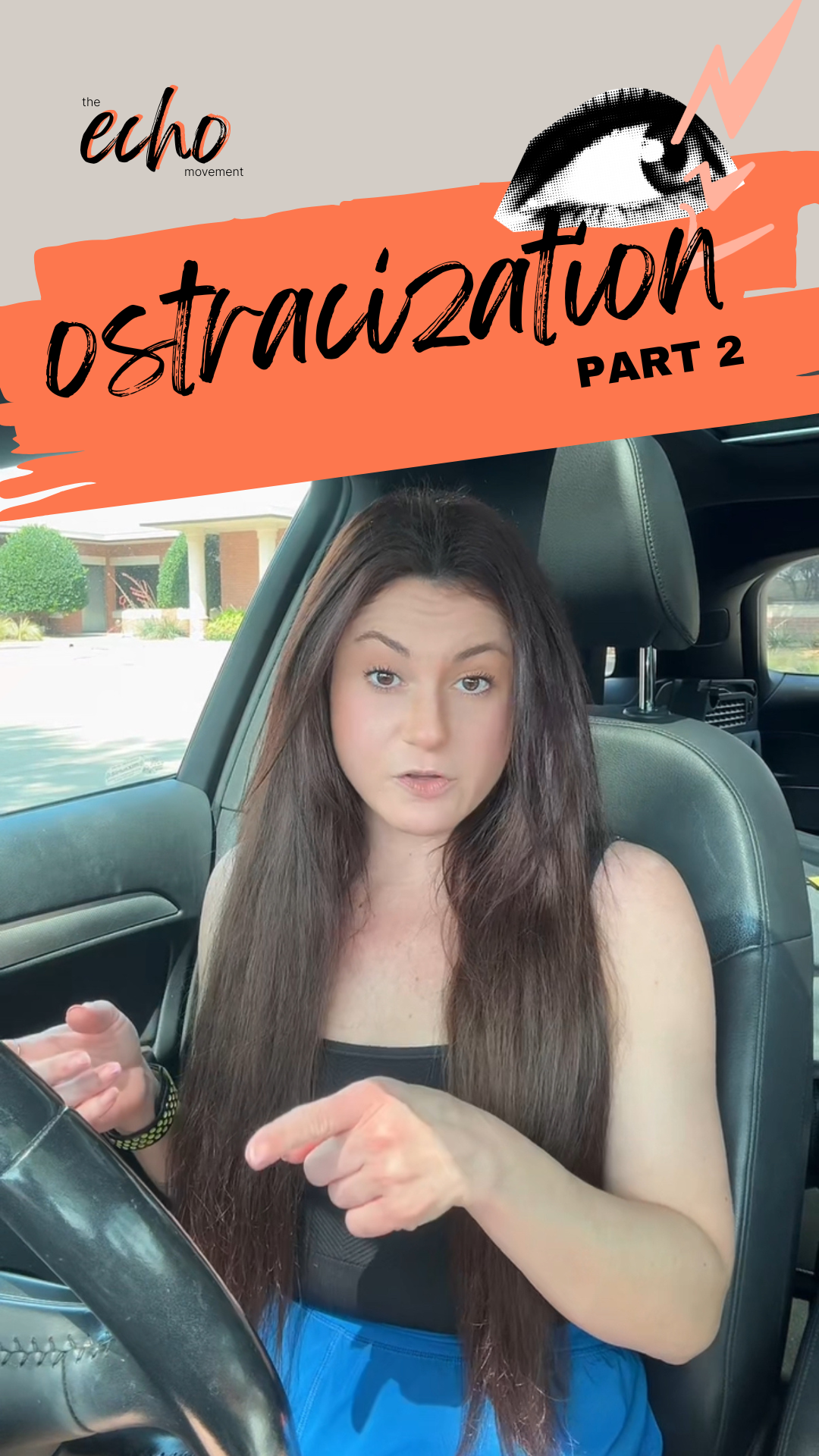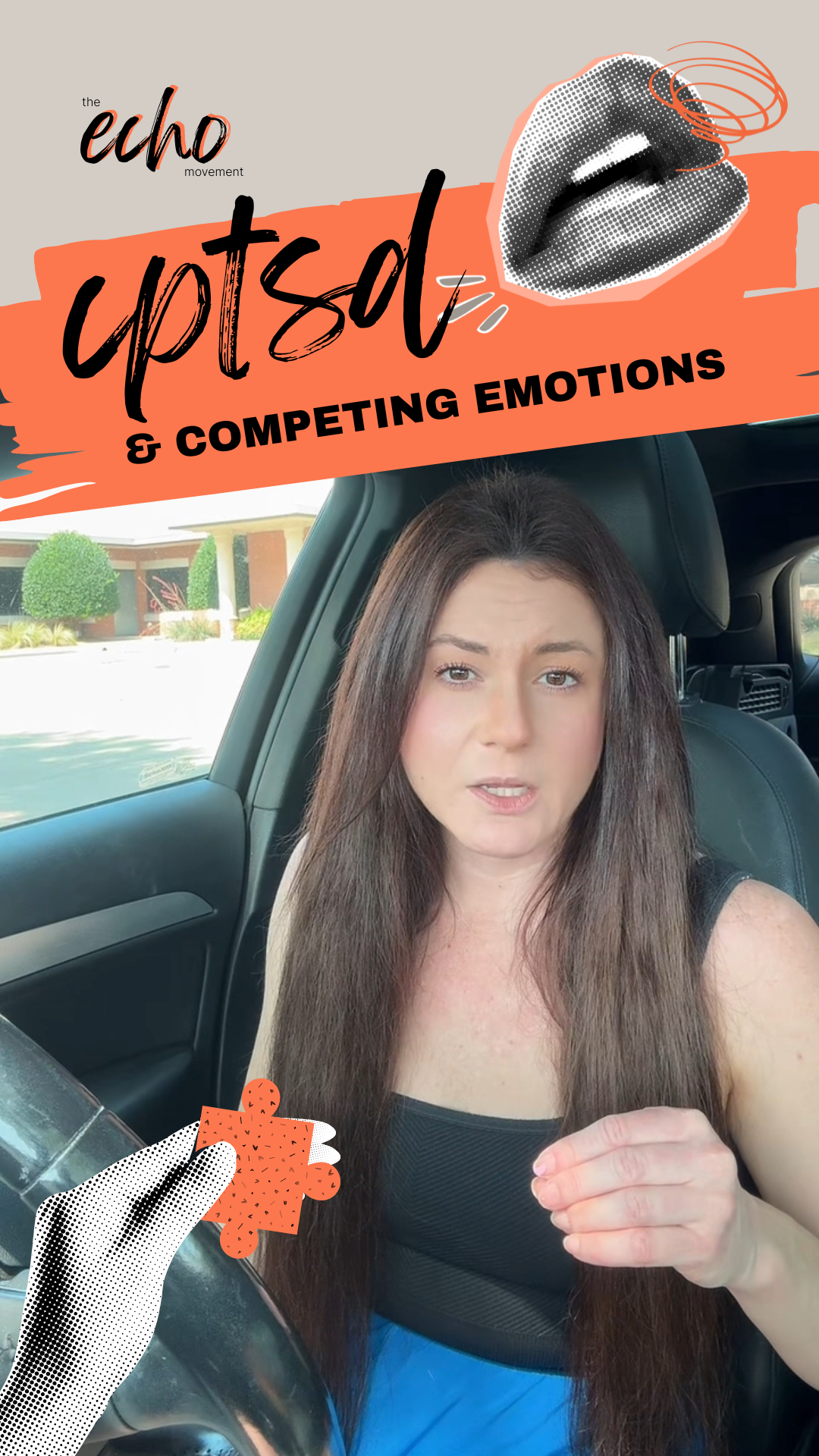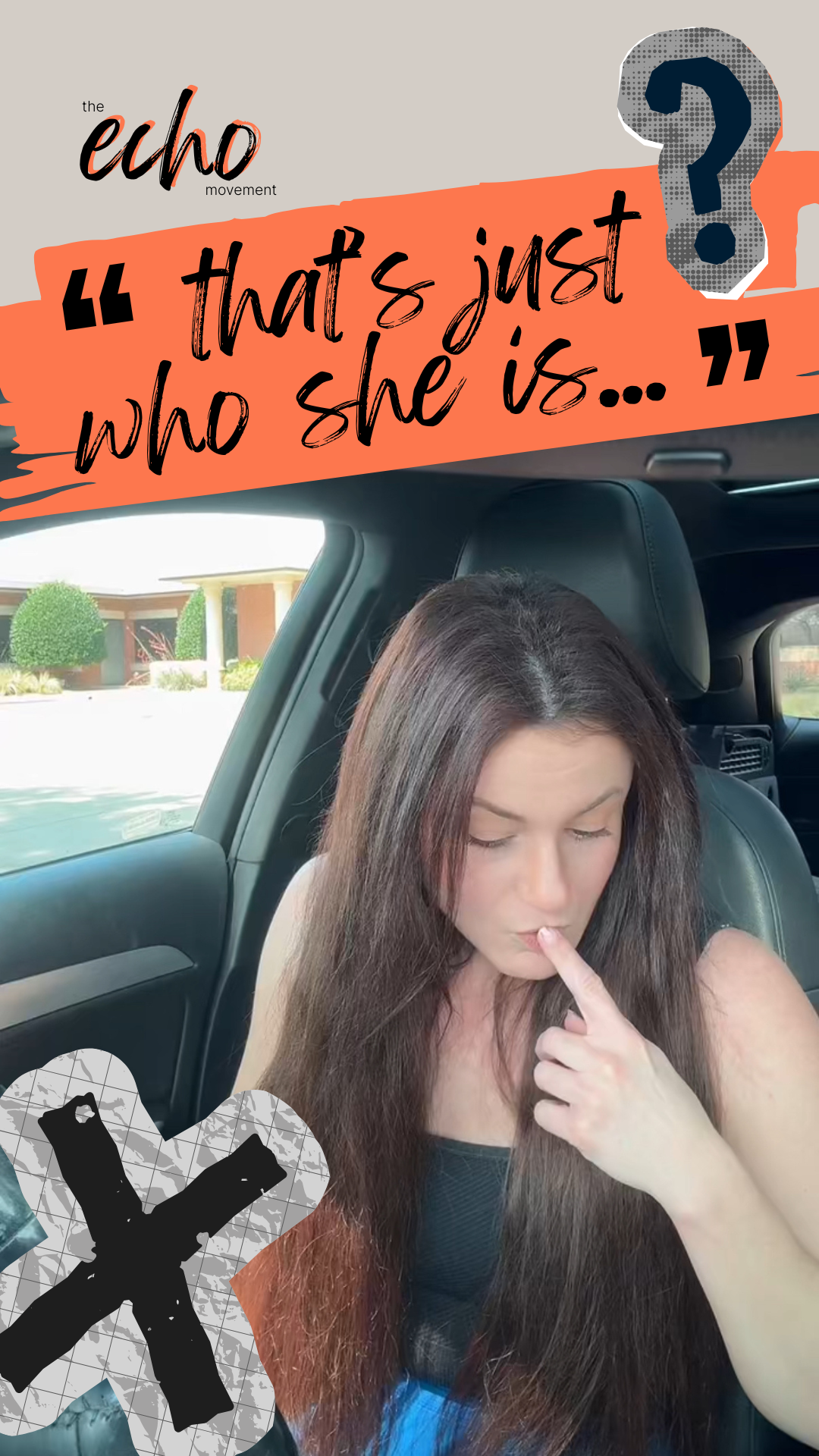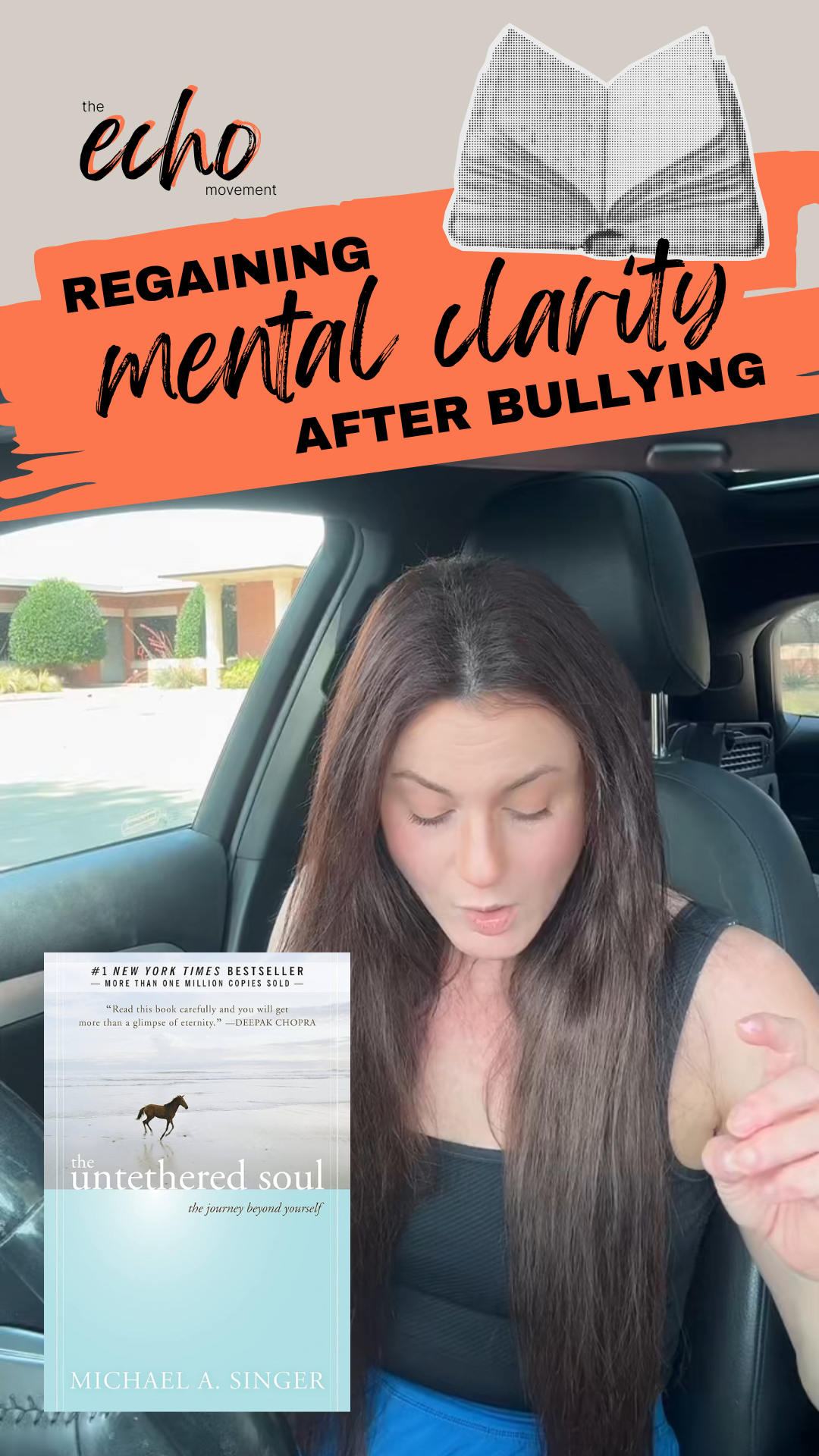Healing from bullying isn’t just about moving past the hurt, it’s about untangling the chaos it leaves behind. One of the hardest parts of living with Complex PTSD (CPTSD) is the constant war inside yourself. You want to be around people, but you don’t have the energy to fake a smile. You crave solitude, but you don’t want to be lonely. To outsiders, it can look like you don’t care.
But the truth is, this is the reality of trauma.
What Is CPTSD?
CPTSD (Complex Post-Traumatic Stress Disorder) develops from repeated, prolonged trauma. Unlike PTSD, which can stem from a single traumatic event, CPTSD often comes from ongoing abuse or bullying. It rewires your brain and nervous system to stay in survival mode, even long after the abuse has ended.
Source: National Center for PTSD
Competing Emotions Inside CPTSD
When you’ve been bullied or abused, your emotions can start to feel like contradictions:
- You want connection, but isolation feels safer.
- You want peace, but your nervous system is stuck in fight-or-flight.
- You want to be honest, but fear of judgment silences you.
This push-and-pull isn’t weakness, it’s how your brain and body learned to survive bullying.
How Bullying Leads to cPTSD
Bullying isn’t just “kids being mean” or “toxic workplaces.” It’s trauma. Studies show that victims of bullying often develop PTSD-level symptoms like hypervigilance, avoidance, and emotional numbness. And when the bullying is repeated — whether from siblings, peers, or coworkers — the effects mirror CPTSD.
Source: StopBullying.gov
Why This Matters
From the outside, CPTSD can look like indifference, laziness, or even rejection. But in reality, it’s the exhaustion of carrying competing emotions every single day. Recognizing this truth helps shift the blame off survivors, and onto the cycle of abuse that caused it.
At The Echo Movement, we call this what it is: trauma. And naming it is the first step toward breaking the silence.
CPTSD doesn’t mean you’re broken.
It means you survived. The confusion you feel inside, the push and pull between wanting connection and craving distance, is a trauma response, not a reflection of your worth.
Let’s make an echo that says: even in the chaos of CPTSD, you still deserve clarity, compassion, and healing.

